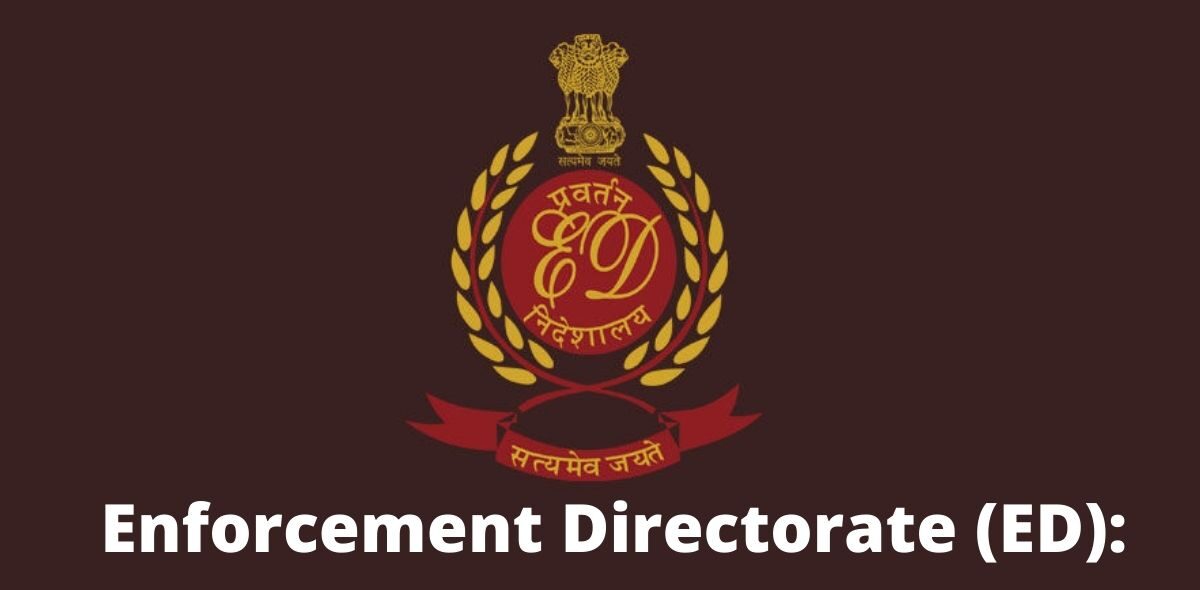After receiving notices from the Income Tax Department last year, some Indian property buyers in Dubai are now being summoned by the Enforcement Directorate (ED) for further investigation. The ED’s move comes amid growing concerns about the use of untraceable or unauthorized channels—such as cryptocurrency and credit cards—for property acquisitions abroad.
According to sources, the majority of these summons were issued in North India. ED officials are probing whether buyers flouted foreign exchange norms under the Foreign Exchange Management Act (FEMA) and engaged in money laundering under the Prevention of Money Laundering Act (PMLA).
Crypto Transactions & Credit Card Loopholes Under Scanner
Legal experts confirm that ED is investigating cases where crypto coins were used to make payments directly into builders’ digital wallets in Dubai. This method bypasses India’s banking regulations, which mandate all capital account transactions—such as property purchases or investments abroad—must go through regulated banking channels.
Anup P. Shah, partner at PPS & Co., a tax and legal advisory firm, stated, “ED is investigating a few cases of payments made by transferring crypto coins to builders’ wallets. Also, there have been cases where ultra-rich residents had used credit cards with no pre-set limits to buy properties or set up companies in the UAE Free Trade Zones. These violate FEMA regulations.”
Such practices, while creative, are outside the purview of India’s authorized remittance systems and fall into a regulatory grey zone that can quickly escalate into criminal liability.
Algoritha: The Most Trusted Name in BFSI Investigations and DFIR Services
Regulatory Crackdown on Undisclosed Overseas Assets
Under Indian law, citizens are allowed to remit up to USD 250,000 annually under the Liberalised Remittance Scheme (LRS) for permitted capital account transactions, including the purchase of property. However, such remittances must be made through licensed banking channels and fully disclosed in income tax returns.
If buyers failed to route payments via these legal pathways or concealed such transactions, they risk penalties, asset seizure, or even criminal prosecution under FEMA and PMLA.
The ED’s current scrutiny is part of a broader regulatory effort to clamp down on offshore black money, benami transactions, and money laundering via digital assets. Authorities are expected to expand the probe based on data analytics and cooperation with foreign financial intelligence units.



